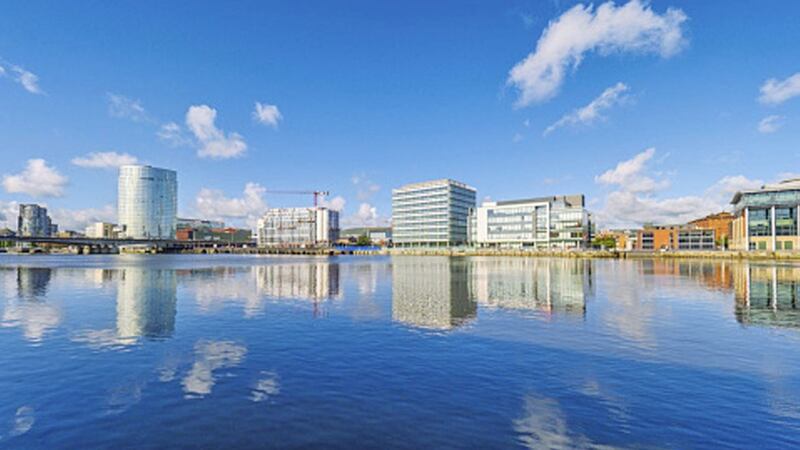BELFAST continues to slide down a UK list of the top cities to live and work in, according to the latest figures.
The Demos-PwC Good Growth for Cities 2018 index shows Belfast is now 32nd in the overall evaluation of the UK's 42 leading cities. It represents a fall from 30th last year, 25th in 2016 and 5th in the 2015 index.
Belfast also ranks amongst the lowest of the devolved cities, placing 7th out of 11. Derry remains in 11th place but has shown significant improvement over the last year, particularly in jobs creation.
The index shows that while Belfast has performed above average for job creation, work-life balance, transport infrastructure and income distribution, other cities have recovered faster from the financial downturn and performed better.
The city’s high levels of economic inactivity and long-term sickness combined with the lack of new business formation, relative to competitor cities, have contributed to the decline.
PwC Northern Ireland regional chair, Paul Terrington said the £350 million Belfast City Deal announced this week as part of the Budget could not have come at a better time.
"While we see some positive signs such as job creation, income distribution and growth in business and financial services, we need to realise that Belfast is not growing at the same pace as cities elsewhere across the UK," he said
“Employment levels are about where they were before the financial crisis, but low productivity, new business formation relative to other cities and long-term economic inactivity are all constraining growth and prosperity - and the continued lack of a functioning Executive is not helping to instil confidence or investment."
“Though the Belfast City Region Deal partners will have to make do with £100m less from the Chancellor, they will still be able to implement critical strategies that can stimulate investment and regeneration. Ideally we would also see Executive in place to deliver on a Regional Industrial Strategy as well, the importance of which was highlighted in the index," Mr Terrington added.
The index says Northern Ireland has seen a less robust trend in performance since 2011-13 compared to the rest of the UK, with a decline in scores between 2012-14 and 2013-15. Its slower trajectory of improvement reflects higher unemployment prior to recent improvements, alongside a rise in the share of the population economically inactive due to long-term sickness.







